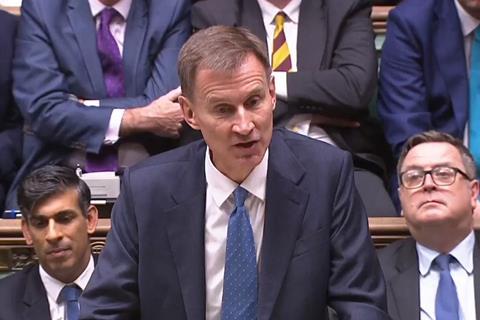
The extension of business rate support in the Autumn Statement today has been welcomed by the industry, but concerns have been raised over a lack of support for rising wage costs and energy bills.
Chancellor Jeremy Hunt announced that small business multipliers will continue to be frozen and the 75% discount on business rates up to £110,000 will be extended through 2024/25.
Hunt explained that these measures will save the average independent shop more than £20,000.
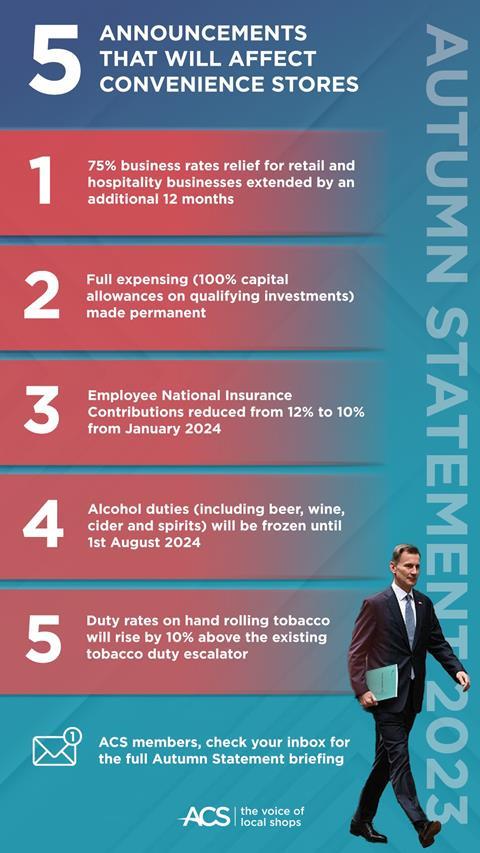
The Association of Convenience Store chief executive James Lowman said the support will help thousands of retailers.
“We welcome the extension of the retail and hospitality reliefs on business rates, which will help thousands of retailers with the cost of trading during what remains an extremely challenging time,” he said. ”There remain fundamental issues with the business rates system that need to be addressed to provide fairness across the system in the long term, but today’s announcements will provide a much-needed boost to investment.”
Other measures included a 10% increase in duty rate on hand rolling tobacco and for alcohol duties including beer wine, cider and spirits to remain the same until 1 August 2024.
The Autumn Statement followed a Treasury announcement earlier this week regarding the National Living Wage rate for 2024, which will rise to £11.44 per hour from April and will apply to workers aged 21 and above.
Lowman said: “Many of the smallest convenience stores who are already eligible for 100% rates relief so won’t see a material change from these announcements. Local retailers will be more concerned about how to absorb the cost of another significant jump in the National Living Wage rate, without any help to offset this huge increase in wage costs, such as reducing the burden of Employer National Insurance Contributions.”
The Fed’s national president Muntazir Dipoti said that retailers have been left disappointed by the lack of help with energy costs and tackling retail crime.
“We are pleased that the Chancellor has taken on board our serious concerns about business rates, but our members are still struggling with extortionate energy bills. Our costs are rising all the time, and when you factor in the increase in the minimum wage to £11.44 an hour, some small shops will inevitably have to consider whether their businesses are viable and sustainable.
“It was also disappointing that there was no mention of any increase in public spending, especially on policing, at a time when shoplifting and attacks on shop staff have reached epidemic proportions.”
Other measures announced included a cut in Employee National Insurance rate from 12% to 10% from January 6 2024; local authorities being able to recover full costs of business planning applications to process applications quicker, or the application fee will be refunded; the introduction of a legal right for workers to require employers to pay into their existing pension pot and Class 2 National Insurance contributions for self-employed people abolished.
The Autumn Statement was less well-received by the wholesale sector.
CEO of the Federation of Wholesale Distributors James Bielby said the sector was overlooked. “ This Autumn Statement will concern a lot of wholesalers. With inflation at 4.6% and food price inflation at 10.1%, little support has been made available for a vital sector which is tasked with keeping the nation fed.
“We welcome further business rates support for organisations across hospitality, retail, and leisure settings, but once again it is unclear whether the wholesale sector will be eligible for support. There is no retail, hospitality, or leisure without supply from wholesale, and yet the Treasury seems unable to grasp the full value of our sector.”





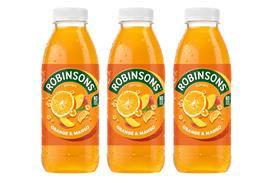

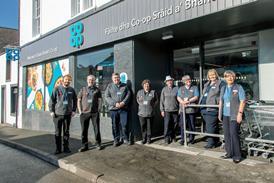

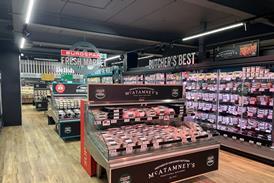

![WG-4003[58]](https://d2dyh47stel7w4.cloudfront.net/Pictures/274x183/4/5/1/353451_wg400358_6083.jpg)






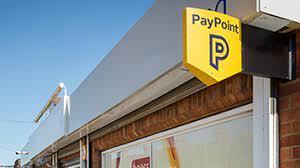




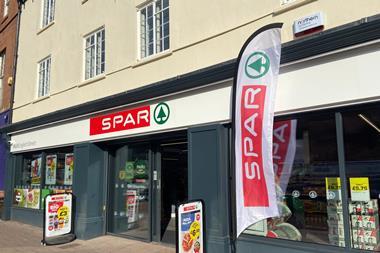
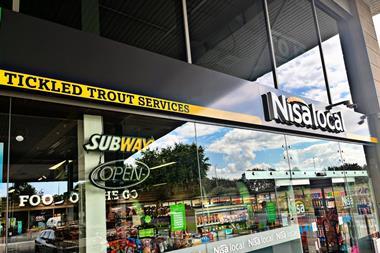



No comments yet